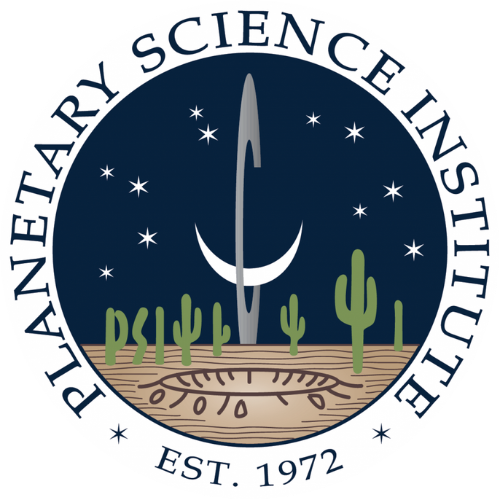Planetary Science Institute Senior Scientist JA Grier was named the next vice chair of the Division for Planetary Science (DPS) of the American Astronomical Society (AAS).
Grier’s elected service began on Sept. 7 at the DPS’s joint meeting with the Europlanet Science Congress (EPSC) in Helsinki, Finland. For the first year of the term, Grier will serve as vice chair, then will be promoted to division chair for a year, followed by a year as past chair.
“This is such an honor. Our community, and all science communities, are facing unprecedented challenges that affect every area of our profession. The AAS DPS has the opportunity and the obligation to meet these challenges,” said Grier, who is also a PSI senior education and communication specialist. “I was recognized as a AAS Fellow in 2024 not only for my work in science research, but also for my achievements in education and in equity. I believe that an understanding of all of these areas is necessary for the DPS to move forward. The DPS committee is staffed by incredibly dedicated and talented volunteers, all professionals in the field. I look forward to working with them to creatively address the challenges that face our community.”
Grier’s research interests and areas of expertise include image analysis of the Moon and asteroids, crater formation and morphology, and chronologies of impact events on solid surfaces using remote sensing and isotopic age data. Grier pioneered the use of certain multispectral data – the analysis of narrow bands of wavelengths of light – to quantify the ages of bright-rayed lunar craters in order to estimate how impact rates have changed over time. Additionally, Grier determined the age of the Gardnos impact structure in Norway.
Grier is active in science education and public outreach, with an eye to the development of critical thinking skills and sharing an understanding of our context within the Solar System and larger universe. Grier has written a plethora of works including the textbook “The Inner Planets” and the professional science publication “Airless Bodies of the Inner Solar System.” Grier led the Equity, Diversity and Inclusion Focus Group for NASA SSERVI from 2021-2023, which considered topics in building capacity to address diversity and inclusion concerns in space exploration via innovative and collaborative initiatives between science, education, ethics, social science, social justice, industry, science-communication and engineering.
Currently, Grier is implementing a program featuring workshops and support for disabled science writers, the most recent of which is the “Disabled Science Writers’ Retreat 2.0 Building Capacity and Growing Community for Sustainable Writerhood.” The workshop seeks to engage new voices in space science outreach, provides deeper understanding and trust of science and the scientific process, encourages informed and positive views of science as linked to and as a part of disability, as well as growing science literacy and critical thinking ability.

